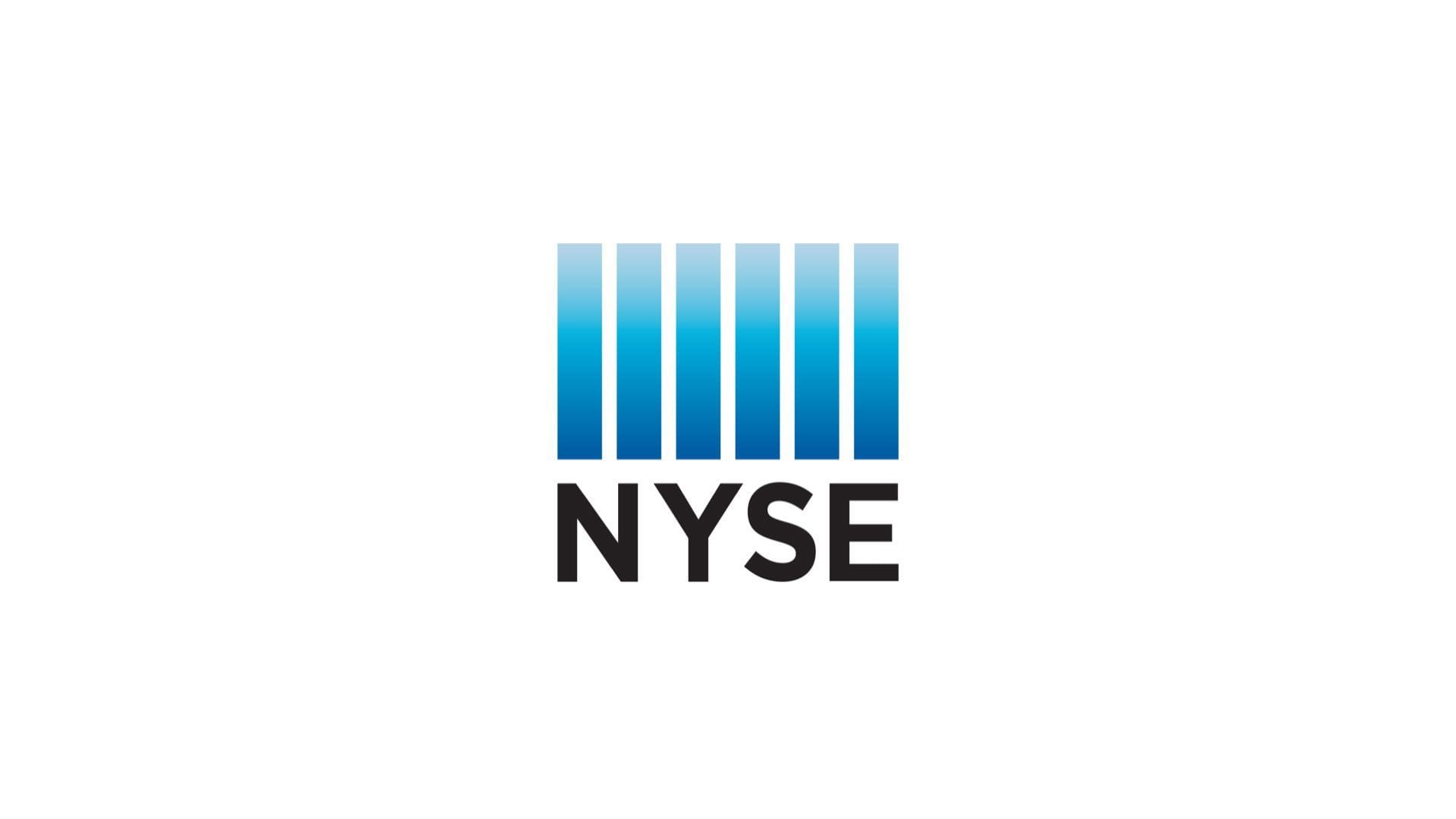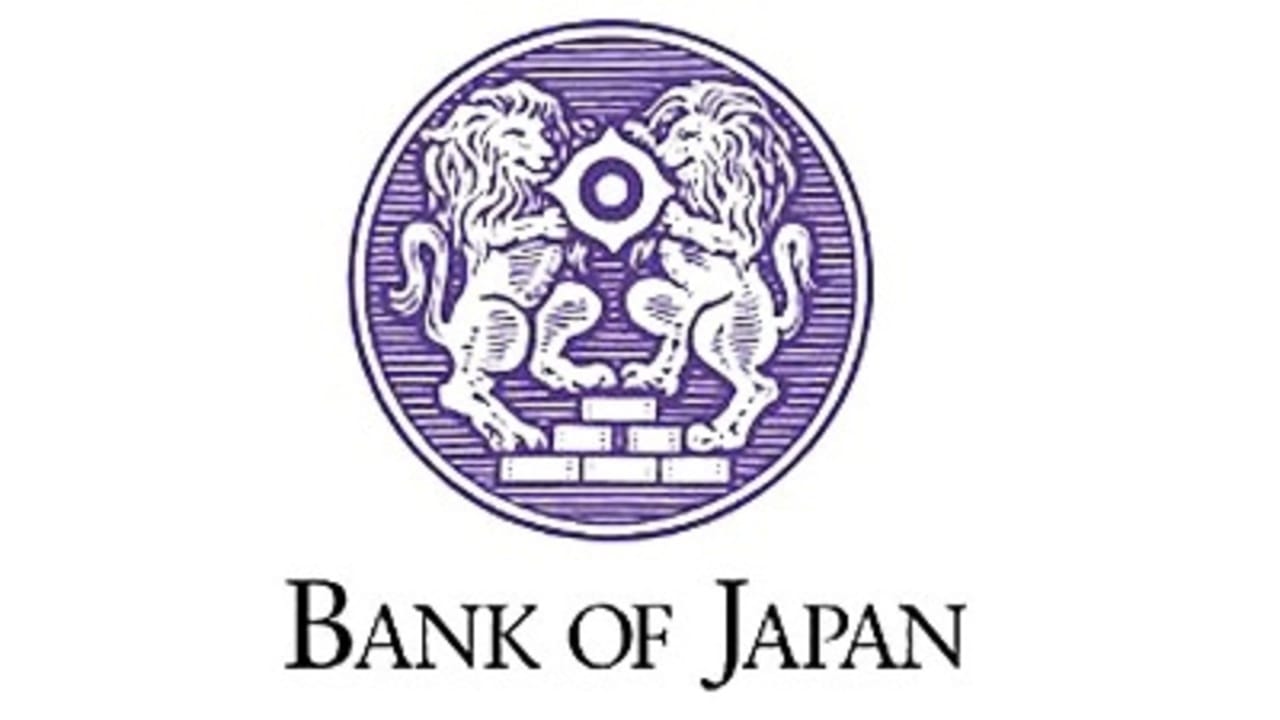Sell-Side:

Top Stories:

Investment Bank Updates
Morgan Stanley has increased bonuses for its European investment bankers by 20%.
Panmure Gordon, after merging with Liberum, implemented its second round of job cuts, reducing 13 staff members in the UK.
Lazard has promoted nine Managing Directors (MDs) in Europe as the investment bank continues to expand under its new CEO, with six of those promotions taking place in the UK.
Goldman Sachs has named Andre Kelleners and Anna Skoglund as co-heads of Investment Banking EMEA. Additionally, the bank appointed Matt McClure as the global head of Industrials and Kim Posnett as the global head of Technology, Media, and Telecommunications (TMT).
Expert Insight: Morgan Stanley's increase in bonuses comes after a strong year for dealmaking. In contrast, Panmure Gordon’s merger with Liberum led to headcount reductions, particularly targeting roles in investment banking, trading, and research. Since Peter R. Orszag took over as CEO of Lazard, the firm’s share price has increased by more than 70%, benefiting from a recovery in dealmaking, which led to the promotion of nine MDs in Europe. Goldman Sachs’s reshuffling of its investment banking leadership aims to enhance performance and drive further deal activity.

Venture Global Secondary Listing
Venture Global's shares debuted on the NYSE at $24.05, slightly below the IPO price of $25, valuing the LNG exporter at $58.2 billion. This marked a significant reduction from its original target of $110 billion, reflecting investor caution about the company's long-term profit estimates and ongoing legal challenges. The IPO raised $1.75 billion through the sale of 70 million shares, falling short of the initial $2.3 billion goal.
Goldman Sachs, JPMorgan, and Bank of America acted as underwriters.
Expert Insight: Despite this, Venture Global remains one of the largest U.S.-listed energy companies, benefiting from rising global LNG demand and the U.S.'s growing dominance in the sector. The company operates in a niche market, appealing to a limited investor base. The IPO, seen as a test of investor interest in energy listings under the Trump administration, follows a presidential order to resume LNG export permit processing. For investment banks, this marks a setback, as financial institutions had hoped for a strong recovery in equity markets and listings. Additionally, underwriters had anticipated a higher valuation.

Trump Stops Green Funding
Donald Trump’s return to the presidency has jeopardised over $300 billion in federal infrastructure funding, primarily allocated through Joe Biden’s Inflation Reduction Act (IRA) and the bipartisan infrastructure law. Hours after his inauguration, Trump signed executive orders halting disbursements for clean energy and infrastructure projects, signalling a rollback of Biden’s climate agenda. Affected funds include $50 billion in Department of Energy (DoE) loans already committed and $280 billion in pending loan applications.
Expert Insight: The freeze has sent shockwaves through the clean energy sector, with investors fearing long-term damage to U.S. renewable energy growth. However, the IRA’s tax credits, a key driver behind $130 billion in manufacturing investments, remain unaffected. Trump’s policies focus on boosting fossil fuels, including halting wind farm construction on federal lands and waters and ending subsidies for electric vehicles. This shift away from federal funding could lead to higher deal volumes and values for DCM teams, as they collaborate with renewable energy companies to structure debt instruments. Private investors may also view bonds issued by these firms as attractive opportunities, especially if the projects have strong business fundamentals.

Banks compete for CATL’s Secondary Listing
Chinese banks are aggressively competing for roles in the secondary listing of CATL, the world’s leading EV battery maker, in Hong Kong. Major players like CICC and CSC have pitched fees as low as 0.01% of the potential $7 billion to $7.7 billion listing, highlighting intense competition in a listings market that has significantly slowed. CATL plans to pay a 0.2% base underwriting fee, with incentive fees possibly raising the total, though these figures are unusually low for such a large deal.
Expert Insight: The listing, expected later this year, is set to be one of Hong Kong’s largest in recent years and will provide CATL with access to offshore funds to support its global expansion. Despite the Pentagon blacklisting CATL over alleged ties to China’s military, U.S. banks like JPMorgan and Bank of America remain involved, and U.S. investor interest continues. The highly competitive environment underscores the struggle for deals in a stagnant IPO market in China, where listings have slowed. As a result, banks are willing to accept lower fees to secure transactions.

BoJ Interest Rates
The Bank of Japan has raised its short-term interest rate to 0.5%, the highest in 17 years, signaling progress toward sustainable inflation and wage growth. This shift ends years of negative interest rates that had constrained Japanese banks’ margins by narrowing the spread between lending rates and deposit costs. The move has boosted investor confidence, with Japan’s three largest banks—MUFG, SMFG, and Mizuho—reaching or nearing their book value for the first time since 2015.
Expert Insight: Higher interest rates generally benefit banks’ lending divisions by improving net interest margins. However, they can pose challenges for investment banks. In M&A, higher borrowing costs may discourage leveraged buyouts. DCM teams could also see reduced activity as companies hesitate to issue bonds in a high-rate environment. Meanwhile, ECM could face headwinds as rising rates pressure equity valuations, potentially dampening IPO and fundraising activity.

Market Trend
UK companies are increasingly pursuing M&A in the wealth management sector, attracted by its high margins, capital-light model, and growth potential. In 2024, M&A activity in UK wealth and asset management surged to over £9 billion, up from £2.1 billion in 2023, according to EY. This trend includes major banks like Barclays, Lloyds, and NatWest, along with fintechs such as Revolut, asset managers, and private equity firms, all aiming to tap into the "mass affluent" market—clients with investable assets between £75,000 and a few million.
Key deals include Lloyds’ joint venture with Schroders in 2019, which aimed to reach £25 billion in assets under management but has seen limited growth. M&G recently merged its wealth and life insurance divisions after years of losses. The potential market is large, with Lloyds estimating the mass affluent hold £1 trillion in investable assets.
Investment banks with strong FIG teams stand to earn significant fees from advising on these deals.
